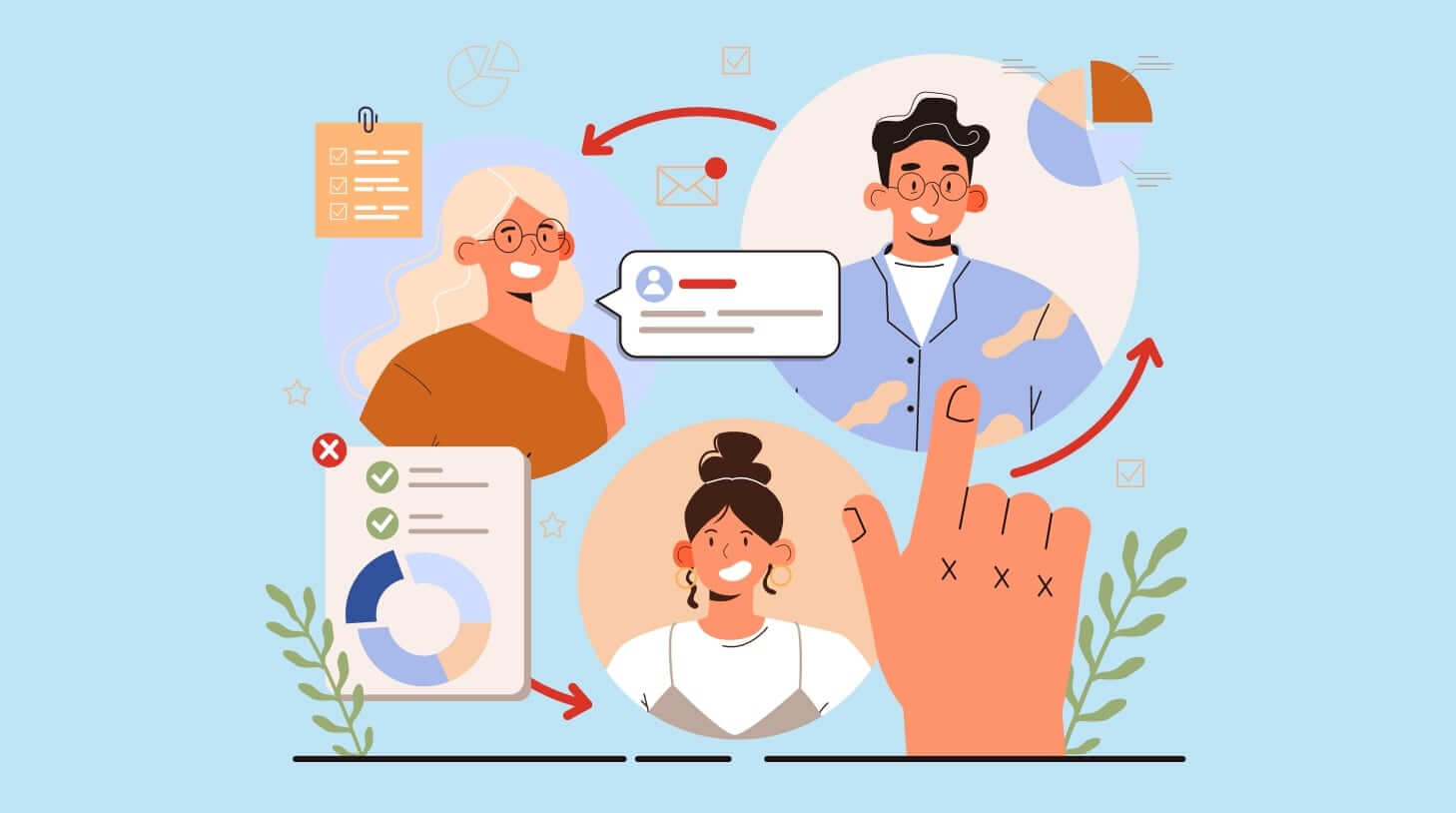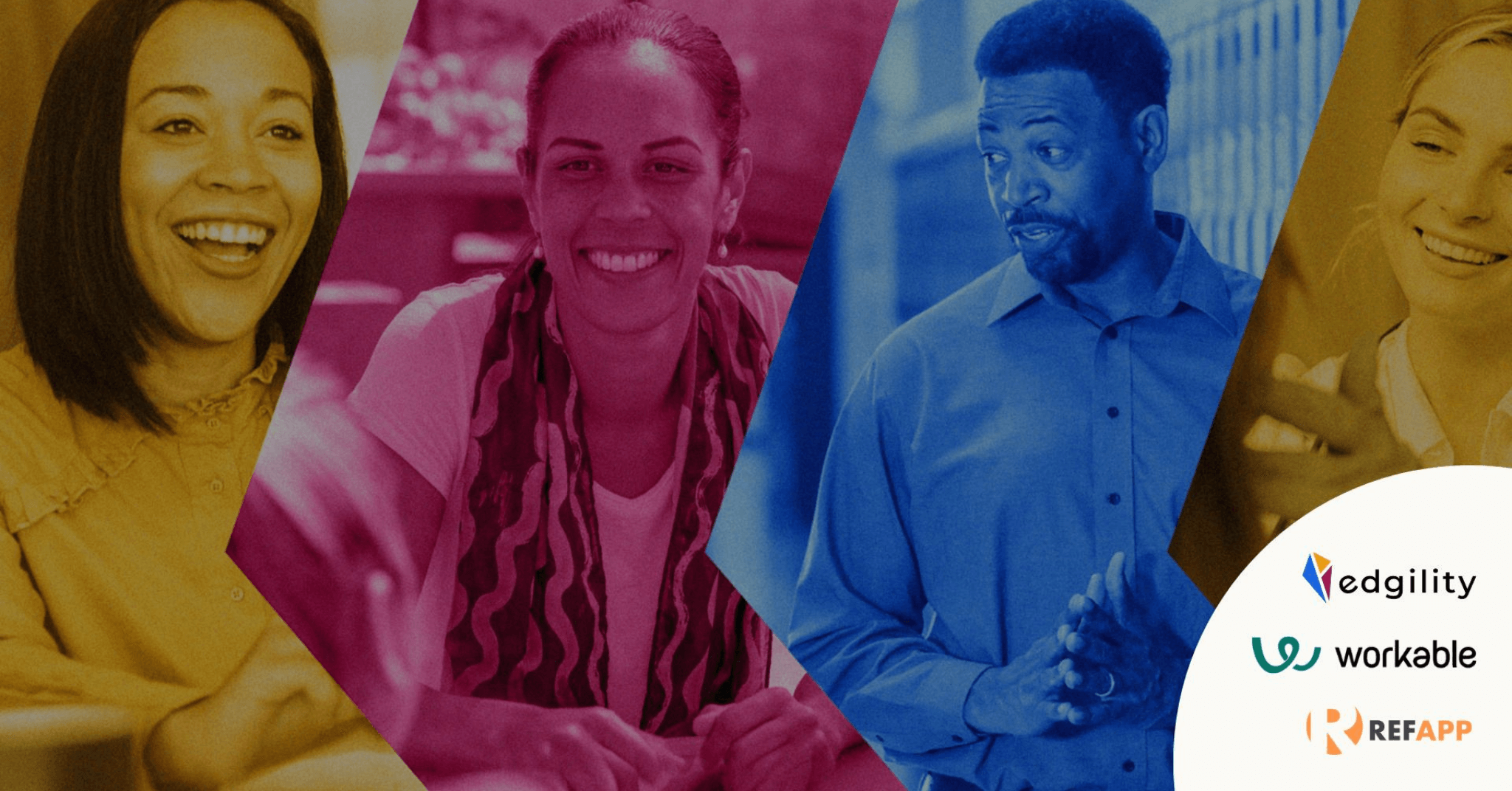Grow your talent pool with AI
How can AI be used to grow talent pools through advanced sourcing, integration with existing systems, and talent analytics?

The increasing demand for skilled talent is a challenge for many companies so this why you need to grow your talent pool with AI. Traditional recruitment methods often fall short.
They are time-consuming, costly, and limited in scope. However, the rise of artificial intelligence (AI) offers a promising solution. AI can significantly expand and enhance talent pools.
A 2023 McKinsey report indicates that 55% of organizations now use AI in at least one business unit,. This growth reflects AI’s expanding role in enhancing efficiency and innovation across various sectors.
Contents
Early adopters already see the benefits
Traditional recruitment faces several challenges. It is often slow and expensive. Finding the right candidates can take months.
This delay can hinder a company’s growth and competitiveness.
Additionally, traditional methods may not reach a diverse range of candidates.
AI is changing the recruitment landscape. It offers tools and technologies that streamline the hiring process.
Early adopters of AI in recruitment have seen significant benefits.
These include faster hiring times, reduced costs, and a broader reach. By leveraging AI, companies can stay competitive and attract top talent more efficiently.
AI-driven talent sourcing
AI can transform the way companies source talent. It helps identify both active job seekers and passive candidates.
Passive candidates are not actively looking for jobs but may be open to new opportunities. AI tools can scan social media and professional networks to find these potential candidates.
Using diverse recruitment channels is crucial. AI can help companies leverage online job boards, social media platforms, and industry-specific forums.
This broadens the reach and increases the chances of finding top-tier candidates. By using AI, companies can attract a more diverse and qualified talent pool.
Integrating AI with existing HR systems
Seamless integration of AI with existing HR systems like Workable is vital to grow your talent pool with AI.
AI can enhance Applicant Tracking Systems (ATS) and Human Resources Information Systems (HRIS). This integration streamlines candidate tracking and communication. It also automates administrative tasks, saving time and resources.
Integrating AI with existing systems can pose technical challenges. However, this depends on the software you use and how user-friendly it is.
A well-integrated AI system can improve the efficiency and effectiveness of the recruitment process. It ensures that companies can quickly and accurately identify the best candidates for their needs.
Additionally, companies are addressing the AI talent shortage by investing in upskilling and reskilling their workforce. Accenture, for instance, aims to double its AI workforce by combining hiring, acquisitions, and extensive training programs.
Enhancing candidate engagement with AI
Continuous engagement is crucial. AI can keep candidates engaged with personalized content and updates. It can also help schedule interviews and provide real-time feedback.
This makes the recruitment process smoother and more appealing for candidates.
The role of AI in talent analytics
AI-driven talent analytics offers significant advantages. Predictive hiring is one such benefit. AI can anticipate future hiring needs based on data analysis. It can analyze market trends and talent availability to inform recruitment strategies.
Skills and performance analytics are also crucial. AI can evaluate candidates based on their skills and potential.
This includes AI-driven assessments and performance tracking.
By focusing on skills and potential, companies can make more informed hiring decisions. AI helps ensure that the candidates selected will excel in their roles and contribute to the company’s success.
Leveraging AI for talent pool diversity
AI can play a vital role in enhancing diversity within talent pools. It helps identify underrepresented talent by analyzing broader data sets. AI tools can detect diverse candidates and reduce unconscious bias in job postings and selection processes.
Crafting inclusive job descriptions with AI assistance ensures that language and requirements are free from bias.
This attracts a wider range of candidates. Tracking and analyzing diversity metrics with AI allows companies to adjust their recruitment strategies based on data insights.
This continuous improvement fosters a more inclusive hiring process.
Future trends in AI-enhanced recruitment
Emerging technologies will continue to shape AI in recruitment. Advancements in machine learning and natural language processing will enhance AI capabilities.
These technologies will enable even more precise candidate matching and predictive analytics.
The role of HR professionals is also evolving. As AI becomes more integrated, HR professionals will need to develop new skills.
Understanding how to use AI tools effectively will be crucial. Preparing for these changes will help HR professionals stay relevant and effective in an AI-driven landscape.
By expanding and enhancing talent pools, AI offers significant benefits. From improving recruitment efficiency to personalizing the candidate experience, the advantages are clear.
As technology evolves, staying informed about future trends will be crucial. Embracing AI in recruitment can help companies attract and retain top talent, ensuring long-term success.




